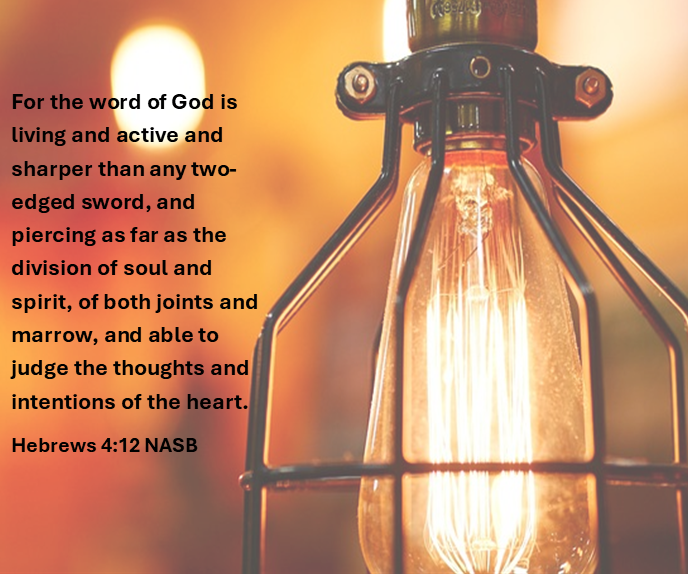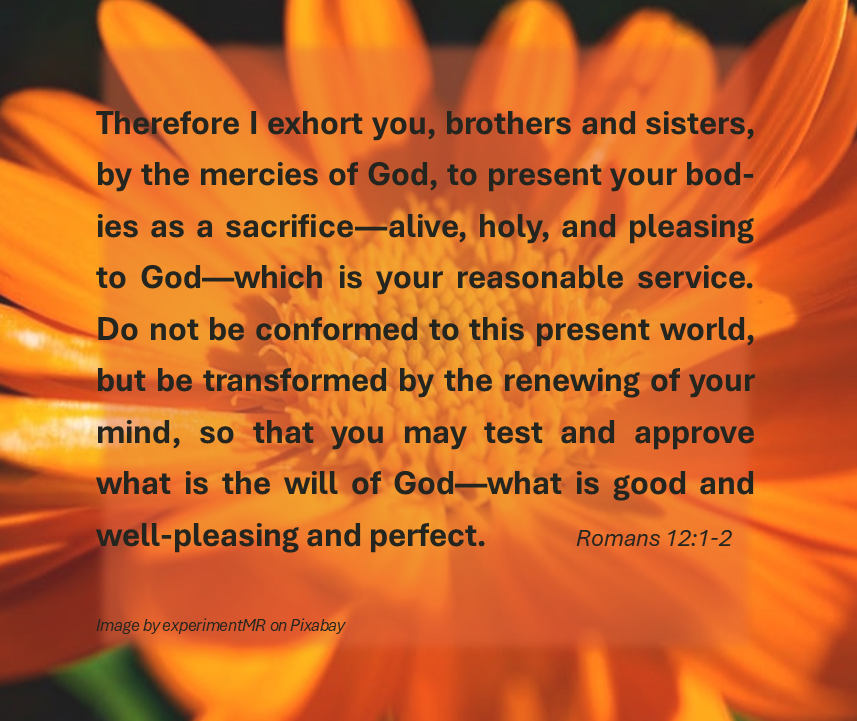Throughout the Bible, there was a lot of talk about family and what line of people you were from. Often, entire nations of people were known by the name of an ancient ancestor, rather than where they lived or any other form of national identity. For example, in the Old Testament, you can read about these nations who were named for an ancestor:
- The Edomites were the sons of Esau.
- The Medes were the sons of Madai.
- The Canaanites were the sons of Canaan.
- The Cushites were the sons of Cush.
- The Arameans were the sons of Aram.
- The Israelites were the sons of Israel.
But when Jesus comes to the earth and preaches to the people, He begins to speak about ancestry in different terms. He begins to identify your “father” by what you do and whose nature you conform to, instead of by your bloodline and genealogy.
We most famously see this in John chapter 8. Jesus gets into a kind of argument with some of the people when He says that they are not truly sons of Abraham because they are not doing the deeds of Abraham (verse 39). But the people don’t really get it yet and insist they are sons of God. But again, Jesus points to their actions to affirm that God is not their Father. He says,
If God were your Father, you would love Me. . .
John 8:42a
It’s interesting that Jesus’ definition of who your father is has everything to do with your own participation. In His illustrations, you effectively choose who your father is by how you live and what you believe.
In verse 44, Jesus lays it all out and calls these particular people children of the devil, saying that they are participating in their father (the devil’s) actions and desires. As you might imagine, they get pretty upset with Jesus at this point. In fact, the conversation continues until they try to stone Jesus (unsuccessfully).
Now let’s look at another example in Luke. Chapter 6, verses 17-36 are sometimes referrred to as Jesus’ “sermon on the plain.” It’s similar to His “sermon on the mount” found in Matthew, (beginning in chapter 5). Beginning in verse 32 (Luke 6), Jesus begins laying out a few scenarios in which He’s pointing out that we might think we are doing good when we do these things, but we really aren’t. He says, “even sinners do the same,” in regard to loving those who love you back, lending to those who will pay you back, and doing good to those who do good to you. He sums up this part of His message with these words:
35 But love your enemies, and do good, and lend, expecting nothing back. Then your reward will be great, and you will be sons of the Most High, because he is kind to ungrateful and evil people. 36 Be merciful, just as your Father is merciful.
Luke 6:35-36 NET
In the conversation in John, Jesus gives a similar admonishment:
The one who belongs to God listens and responds to God’s words . . .
John 8:47
It’s a common thing for Christians in our society to live lives that look very similar to those who don’t claim the name of Christ at all. I think the temptation to fit in and be friends with the world is common. Or to have a form of religion that soothes our consciences but doesn’t actually avail ourselves to being transformed into the nature of Jesus. That’s what was happening with many of the religious leaders in Jesus’ day. They were very proud of their practice of following the “rules,” but Jesus called them white washed tombs. (Matthew 23:27-28) because He said they looked righteous on the outside, but on the inside they were filled with hypocrisy and wickedness.
We have a couple of things going on in the passages we’ve discussed. One is that Jesus is after our hearts. He isn’t interested, as we can see in Matthew 23, in those who follow a set of rules to look righteous but don’t have changed hearts. The second is that if we allow our hearts to be changed, our actions will be patterned after the heart of our new Father. We can’t fake it, and we can’t keep it all inside. Jesus tells us both things.
Remember John 3? Jesus explains to Nicodemus that he has to be born again to be part of Jesus’ new kingdom. So Jesus isn’t saying in Luke 6 that we can be children of God just by doing some nice stuff to mean people. But if He is our Father, we will participate in becoming like Him, by listening and responding to His words. I’m not sure we even CAN follow the instructions in Luke 6:35 without having transformed hearts. But if we don’t yield ourselves to the transformation He is doing in our hearts and allow it – encourage it – to overflow into our actions, then we aren’t participating in the whole picture of what it looks like to be children of our Father God.
And if we don’t do that, if we make our actions look like the world’s actions, and follow after the pattern of what is accepted around us, won’t Jesus be saying to us the same thing, “even sinners do that.” Where’s the transformation?
In John 14, when Jesus is explaining to His disciples that He’s about to be leaving them, He makes one of the most beautiful and also mind-bending promises about His relationship with us and with the Father God.
18 I will not abandon you as orphans, I will come to you. 19 In a little while the world will not see Me any longer, but you will see Me; because I live, you will live too. 20 You will know at that time that I am in My Father and you are in Me and I am in you. 21 The person who has My commandments and obeys them is the one who loves Me. The one who loves Me will be loved by My Father, and I will love him and will reveal myself to him.
John 14:18-21 NET
I’m starting to get a little picture in my head of the circular relationship we can have with Jesus. What i mean is, when we decide to accept Jesus as Lord, we ask Him to change us and make us a child of God, like He promised. And then He begins a transformative work in our hearts and gives us His Holy Spirit to live inside of us. Once that happens, we have a thing we need to do. We need to respond. We respond by heeding the commandments we have and obeying them (John 14:21) and by listening and responding to God’s words (John 8:47). When we do this, our outside changes. We talk differently, we behave differently. Because we’re responding to God’s word, He is able to more fully transform our yielded hearts. Then our hearts are transformed more, and we have better understanding of who He is and what His nature is, and then our outside changes even more. And the pattern just goes on and on and on, and as it goes, we get to know our Father better, and we begin to look more and more like Him – on the outside AND on the inside.
He becomes what we’re made of. The fancy biblical word for this is sanctification, but i think i might understand it better if i call it:
Who’s YOUR Daddy?







